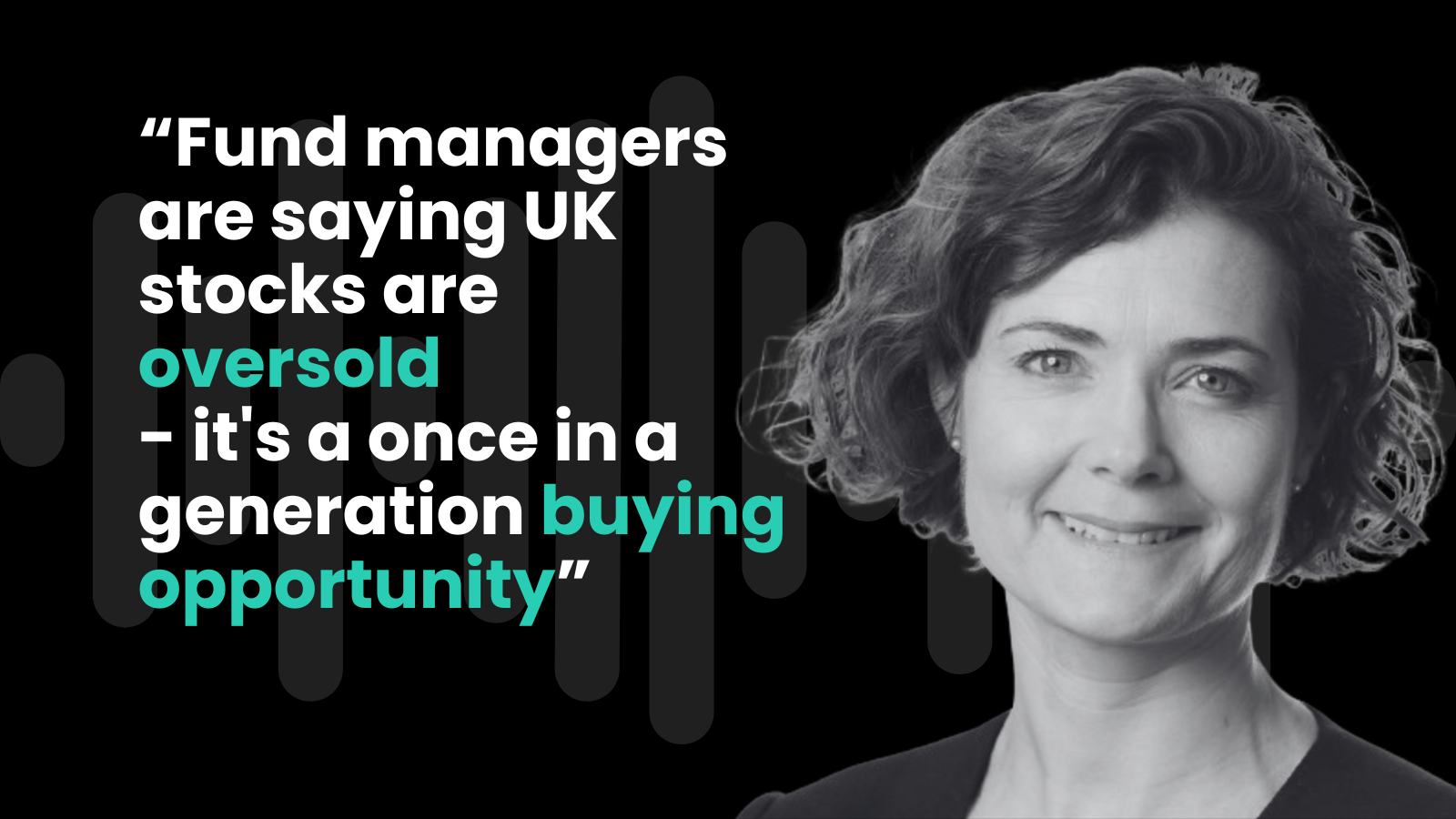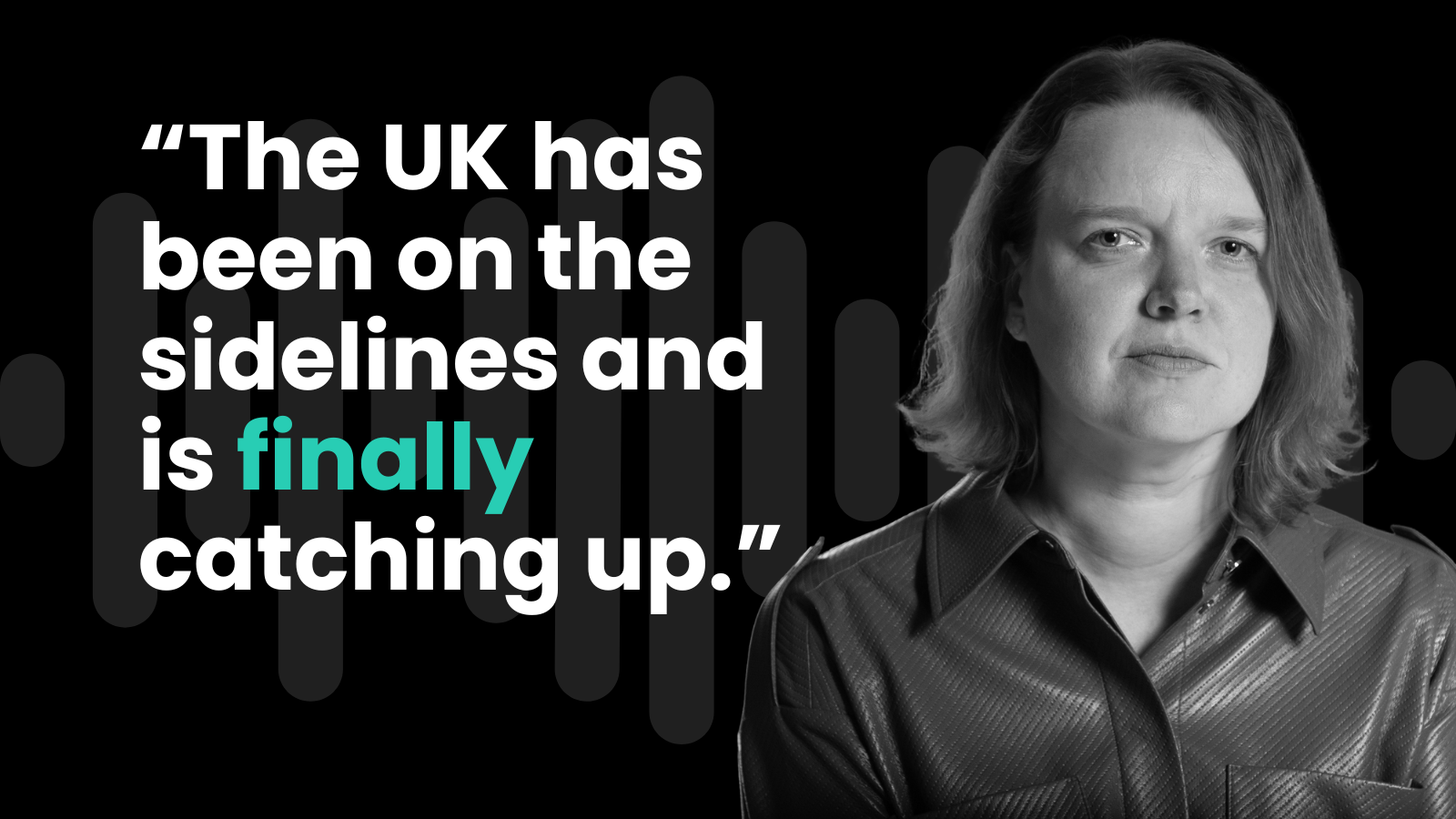The fund management industry, that most buttoned-down corner of the Square Mile, is preparing for a digital revolution. Once content with gilt yields and real estate, investment trust managers are now quietly placing their bets on crypto exchanges, blockchain infrastructure, and tokenised funds.
If it sounds like the City has gone Silicon Valley, think again; this is not a speculative punt on Bitcoin, but a methodical repositioning for a financial system increasingly run on code rather than clerks.
Last week, the Financial Conduct Authority (FCA) launched a consultation on the tokenisation of fund management, a bureaucratic way of saying that the regulator is exploring how to move traditional investment structures onto blockchain rails. In response, the Association of Investment Companies (AIC) canvassed some of the UK’s leading investment trust managers to understand how they are approaching the digital asset boom.
Their message: the future of finance is already being built — and they intend to own the foundations.
Nick Britton, Research Director at the AIC, summed up the mood neatly: “The future of finance is changing and both regulators and investment groups are responding. This week, BlackRock launched an exchange-traded product giving UK investors exposure to Bitcoin, while the FCA opened its consultation on fund tokenisation. Investment trust managers are already investing in the infrastructure that will provide the building blocks for a more digitised financial world.”
In other words, while retail investors debate whether Bitcoin is the new gold or the next tulip mania, institutional capital is quietly moving into the back office — the “picks and shovels” of the blockchain economy.
For Maggie Fanari, chief executive of J. Rothschild Capital Management, which oversees RIT Capital Partners LON:RCP, the distinction is crucial. “Crypto and digital assets are highly specialised and rapidly evolving,” she says. “RIT primarily accesses the space through specialist managers with the technical expertise to identify high-quality opportunities.”
The trust’s focus, she explains, is not on speculative tokens but on the infrastructure that enables the system to function, like exchanges, custodians, and stablecoin platforms. “A good example is our investment in Kraken, one of the leading global crypto exchanges.”
Jay Wilson, partner at Albion Capital, which manages the Albion VCTs, takes a similar approach. He sees the industry shifting away from flashy consumer apps toward resilient, business-to-business infrastructure. “We focus on early-stage companies that make digital assets usable and accessible to traditional financial service providers,” he says. Albion’s portfolio includes Elliptic, a blockchain compliance firm, and OpenTrade, which builds stablecoin-based yield products.
UK has rare opportunity to lead
Wilson’s view is that the UK has a rare opportunity to lead in this field: “A new generation of founders are building platforms that bridge traditional finance and the digital asset economy. The UK already demonstrates global strength here — and is well placed to define the future of digital assets.”
Johnnie Martin, investor at Augmentum Fintech [LON:AUGM], agrees that the bridge between the old and new financial worlds is where the real opportunity lies. “We invest across fintech, and view blockchain infrastructure as a key part of the industry,” he says.
Augmentum’s portfolio includes Gemini, the regulated US crypto exchange, and Tesseract, which builds institutional-grade blockchain infrastructure. “These companies represent critical components in creating a trusted and functional digital asset ecosystem,” Martin adds.
Martin also notes that this trend is not theoretical, it’s happening now. “Global banks now have digital asset desks; stablecoin volumes exceed $100 billion daily; and regulatory clarity is improving across the US and Europe.” In his view, it’s the infrastructure firms — not the headline-grabbing coins — that will generate durable value.
Finally, Richard Hickman, managing director of HarbourVest Global Private Equity, offers a private markets perspective. “Leading asset management firms are exploring the tokenised fund concept,” he says. “Many believe real-world assets will move onto the blockchain in the years ahead.”
For now, Hickman argues, listed investment companies are best placed to bridge the gap. “They already provide daily pricing and liquidity, alongside exposure to diverse portfolios,” he notes. HarbourVest itself has benefited from early exposure to firms like Coinbase NASDAQ:COIN, now a household name in digital markets.
The pattern is clear: as regulators tentatively embrace tokenisation, professional investors are positioning themselves to profit from the infrastructure that will make it possible. What began as a speculative craze is maturing into an institutional reshaping of the global financial system.
It is too early to declare victory for the digital evangelists, but as one might say in the City, the smart money is already moving.






















